When it comes to the inner workings of a vehicle, few components are as crucial — yet often overlooked — as the ignition coil . This small but mighty part plays a central role in your car's engine performance, fuel efficiency, and overall reliability. Without properly functioning ignition coils, your engine simply won’t start or run smoothly.
An ignition coil is an essential component of a vehicle's ignition system. It functions as a high-voltage transformer that converts the low voltage from the car battery (typically 12 volts) into the thousands of volts needed to create an electric spark in the spark plugs. This spark is what ignites the air-fuel mixture inside the engine cylinders, allowing combustion and powering the engine.
Modern vehicles may have one coil for all cylinders (distributor-type systems), or multiple individual coils — one per cylinder (coil-on-plug or COP systems).
Ignition coils operate using electromagnetic induction. They consist of two sets of windings — a primary winding connected to the battery and a secondary winding connected to the spark plug. When the current from the battery flows through the primary winding, the ignition control module interrupts it suddenly, causing a magnetic field collapse. This induces a high voltage in the secondary winding, which is sent to the spark plug to ignite the fuel mixture.
This process happens hundreds to thousands of times per minute during engine operation, making ignition coils one of the most frequently used electrical parts in a car.
Signs of a Failing Ignition Coil
Like all automotive components, ignition coils can wear out over time due to heat, vibration, or electrical overload. Common symptoms include:

Engine misfires – Sudden loss of power or rough idling
Difficulty starting the engine – Especially when cold
Reduced fuel efficiency – Caused by incomplete combustion
Illuminated check engine light – Often triggered by misfire codes
Backfiring or stalling – Indicating poor ignition timing or fuel burn
If you notice any of these issues, it’s important to have your ignition coils tested and replaced if necessary.
Types of Ignition Coils
Canister-Type Coils : Older-style, often used with distributor ignition systems.
Coil-On-Plug (COP) : Modern design placed directly on top of each spark plug.
Wasted Spark System Coils : Found in some newer engines, firing two spark plugs simultaneously.
Distributorless Ignition System (DIS) Coils : Used in multi-coil setups without a traditional distributor.
Each type has its own advantages depending on the vehicle model and engine design.
Using high-quality ignition coils — whether original equipment manufacturer (OEM) or aftermarket — is essential for reliable engine function. Cheap or poorly made coils can lead to frequent breakdowns, reduced fuel economy, and even damage to other engine components like spark plugs and catalytic converters.
Regular maintenance and timely replacement of worn ignition coils help ensure smooth engine operation, longer vehicle life, and better driving performance.
While often hidden under the hood and forgotten, car ignition coils are vital to the proper functioning of your engine. Understanding their role and recognizing the signs of failure can save you time, money, and unnecessary stress down the road.
Whether you're a DIY mechanic or rely on a professional technician, investing in quality ignition coils is a smart step toward keeping your vehicle running at its best.


 English
English Español
Español
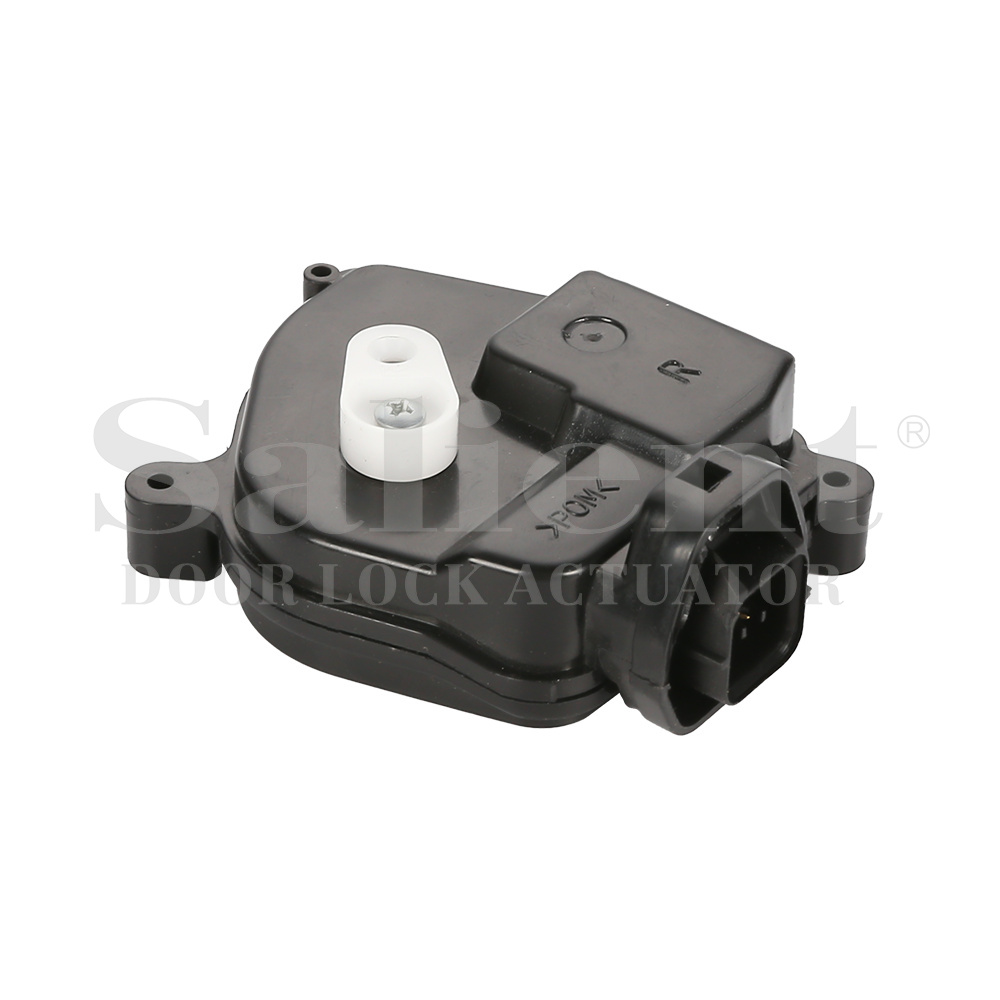
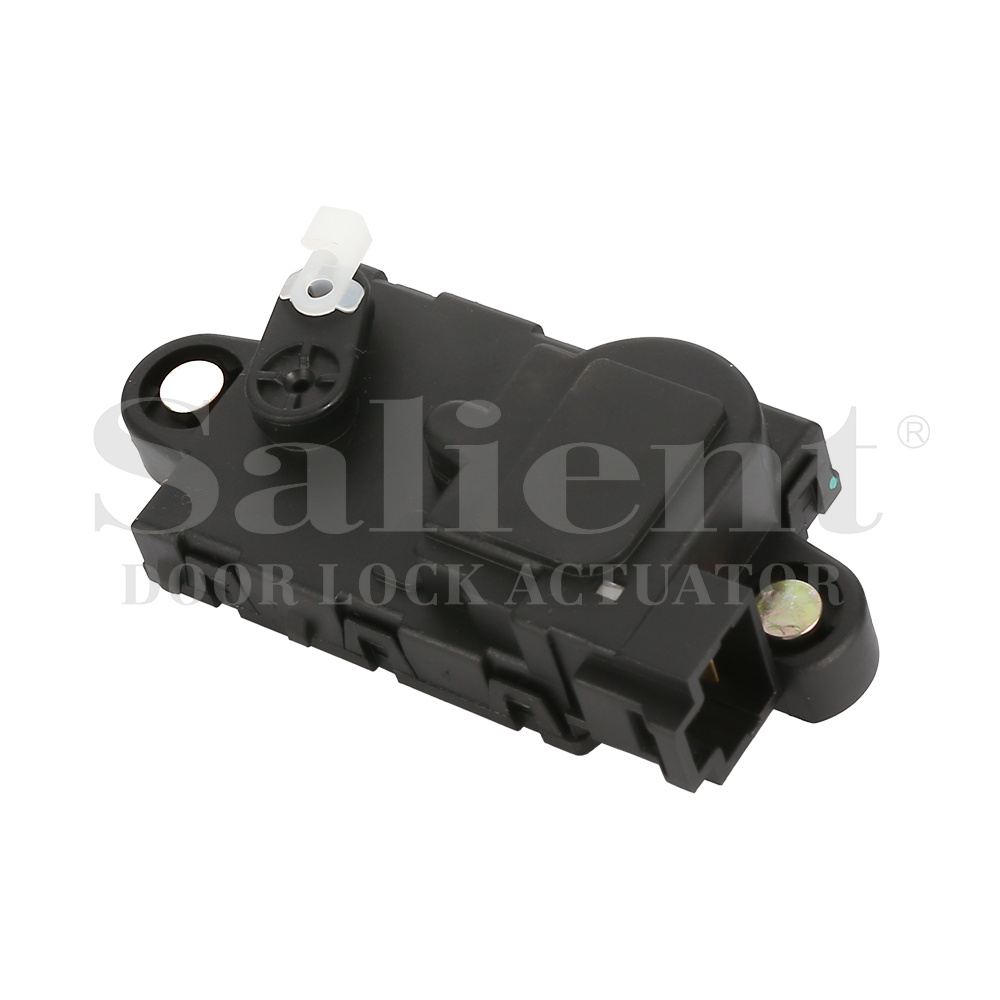
.jpg)
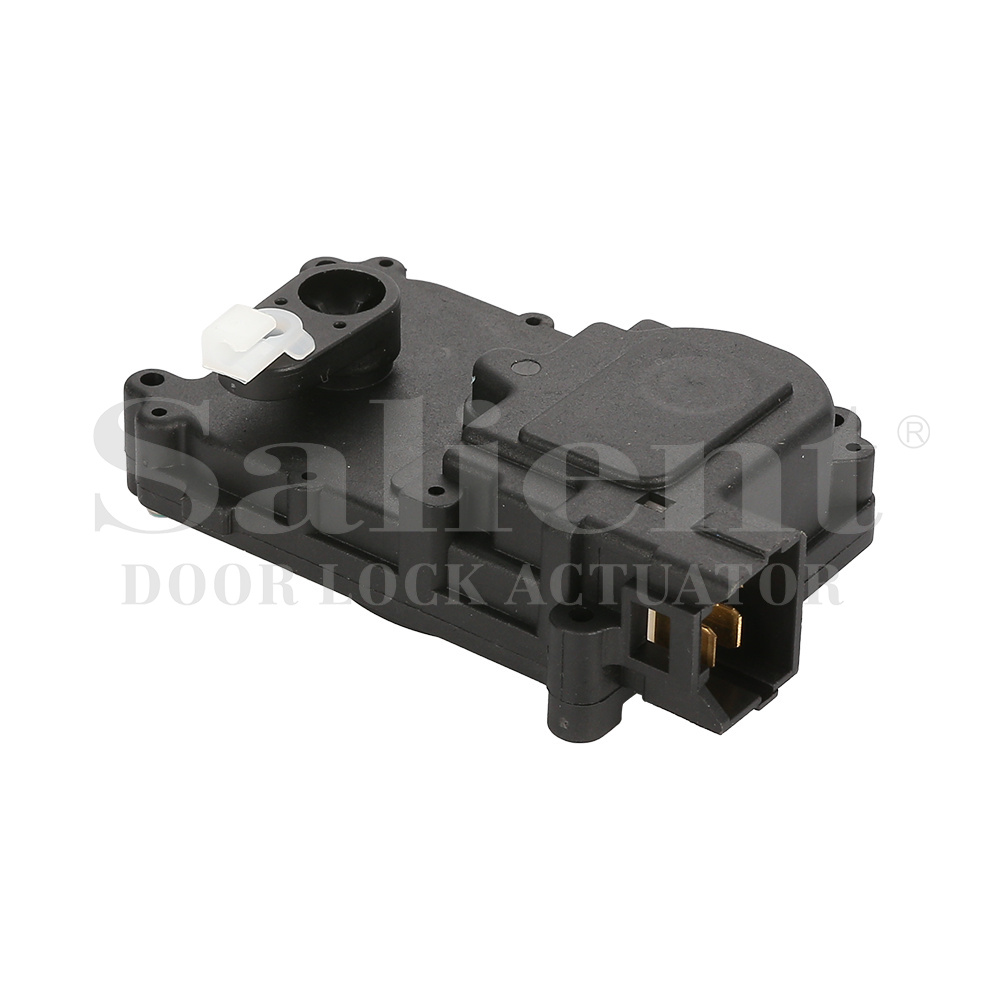
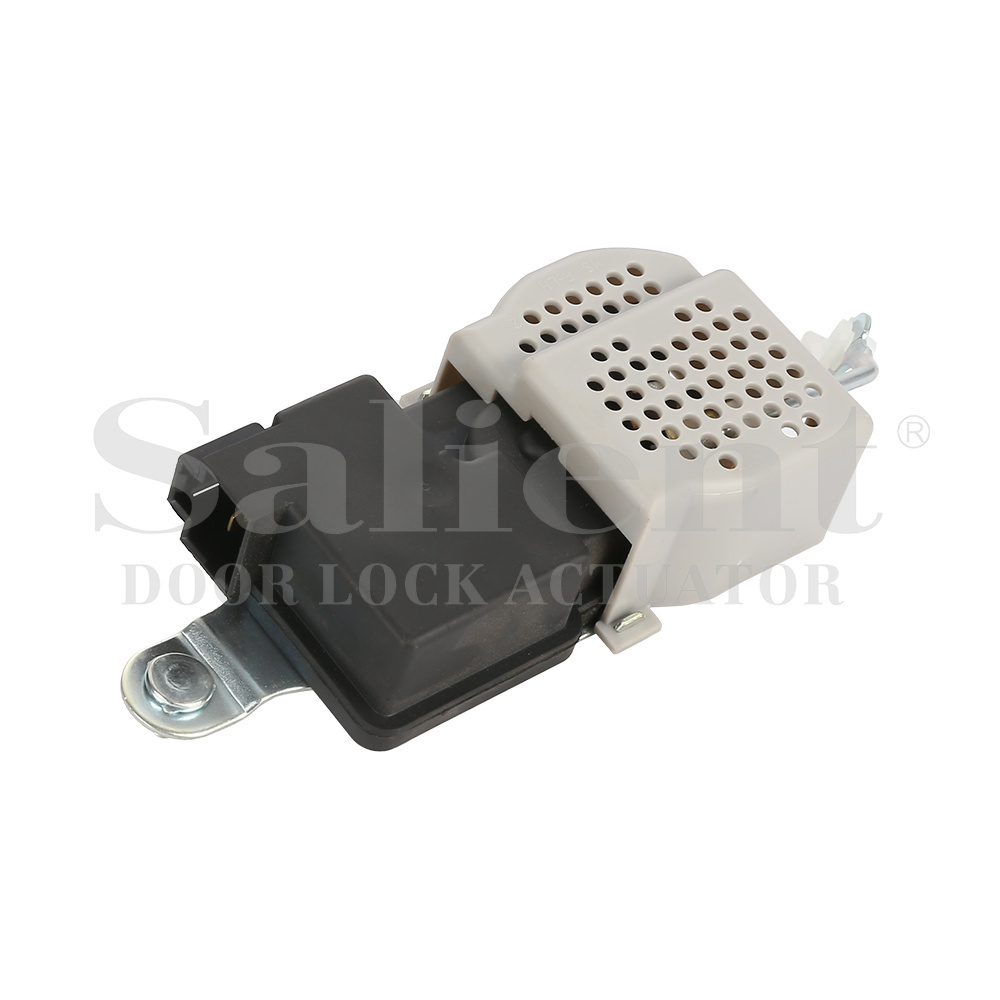
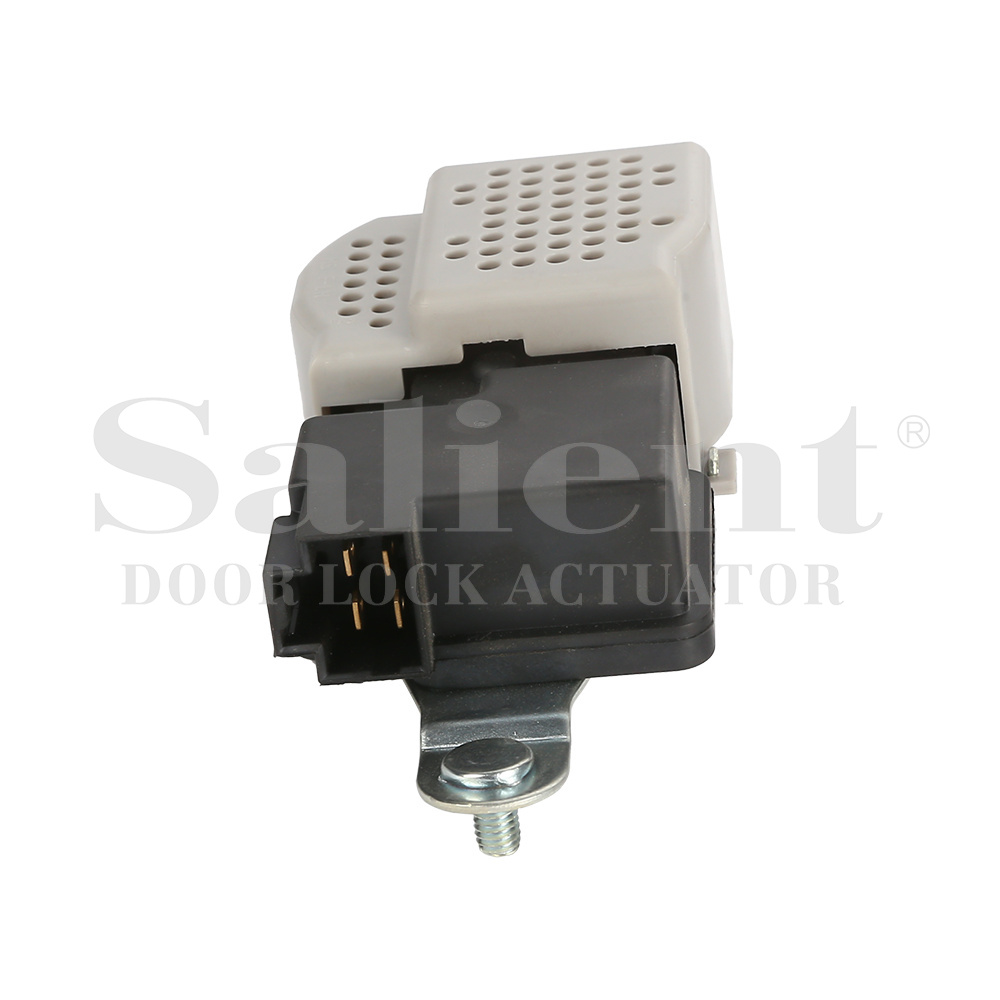
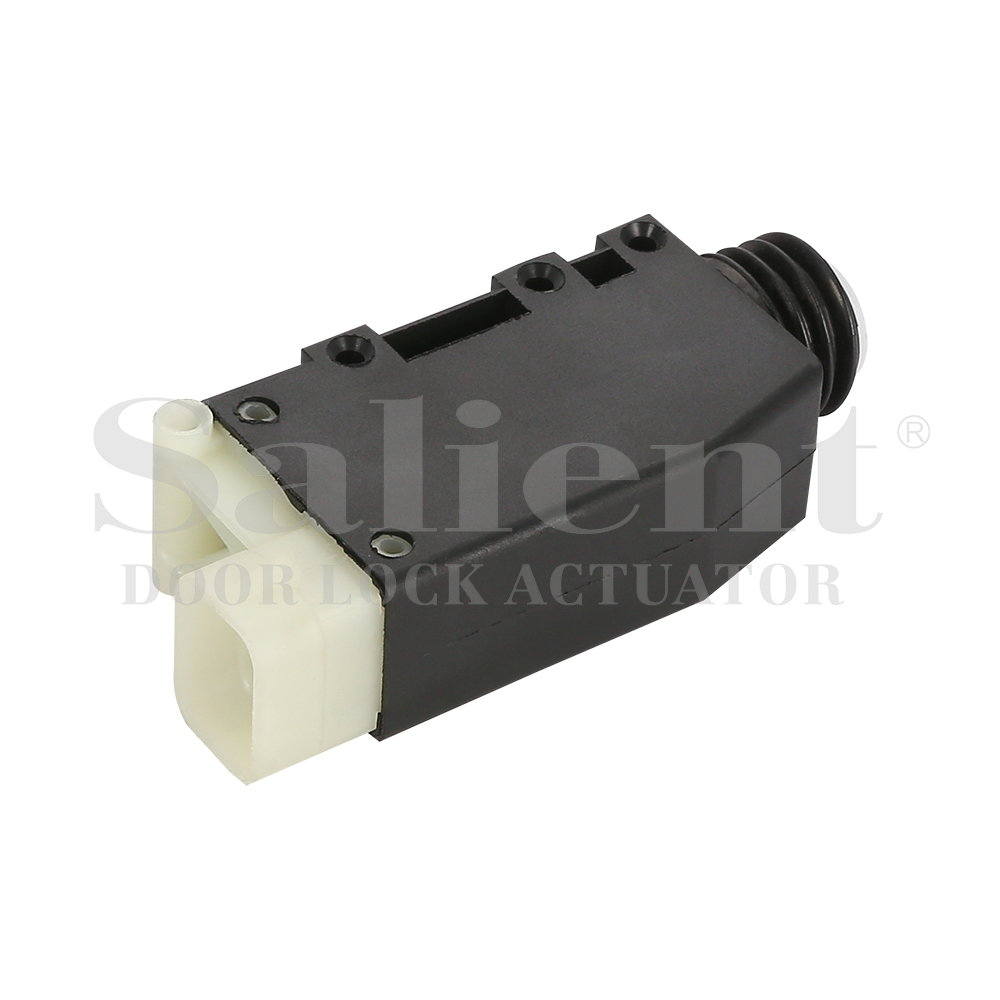
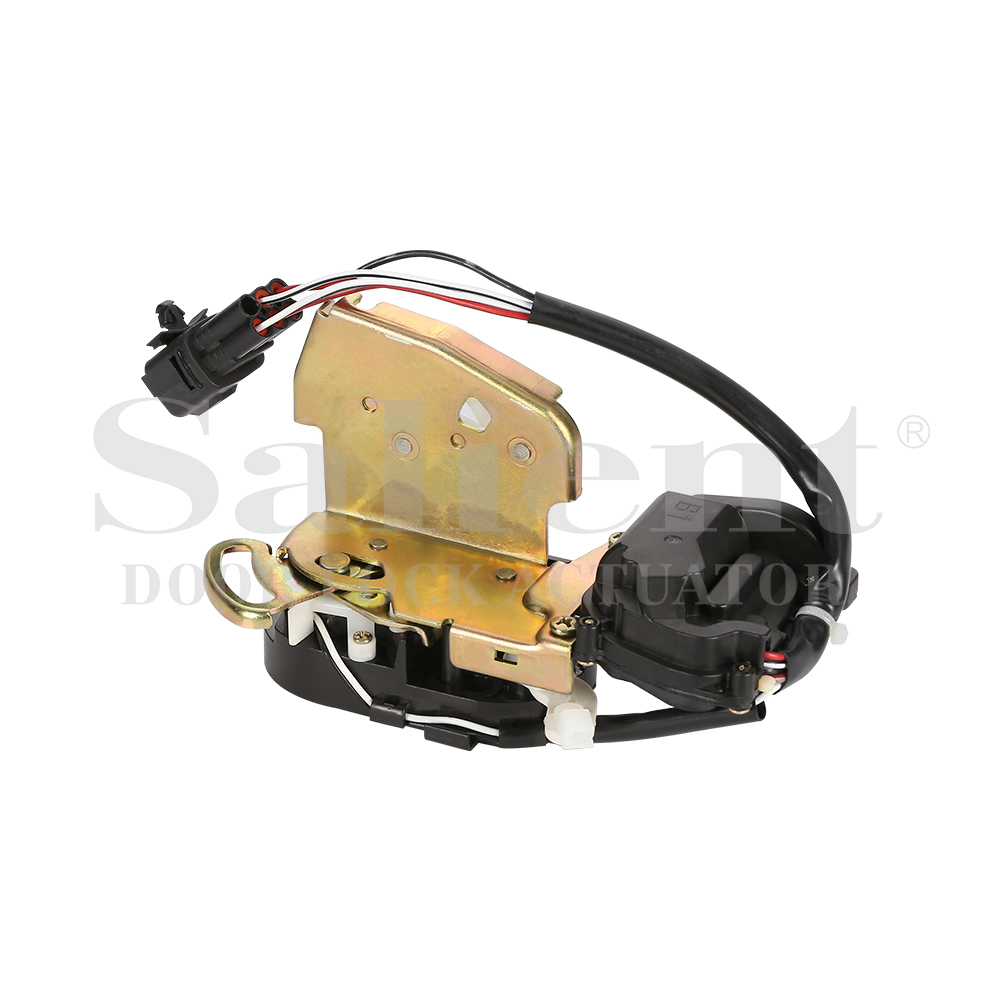
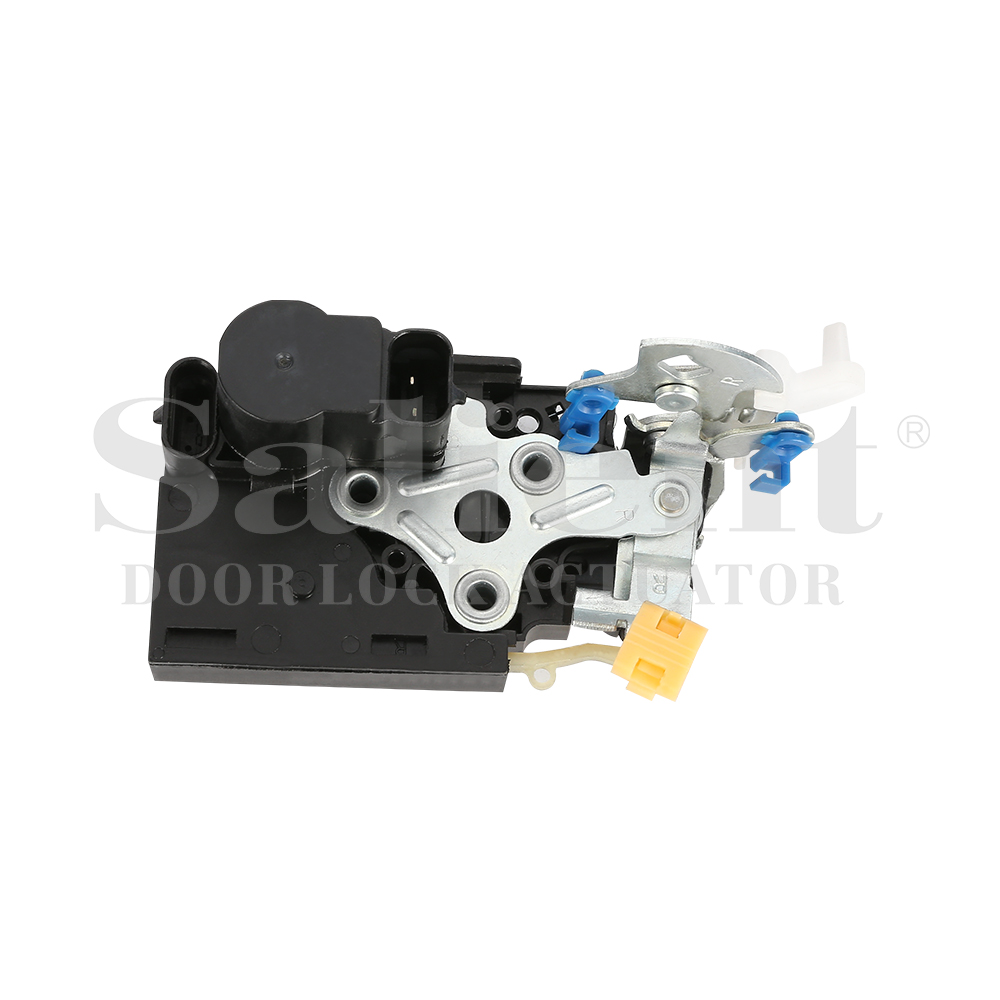
.jpg)
.jpg)
.jpg)

